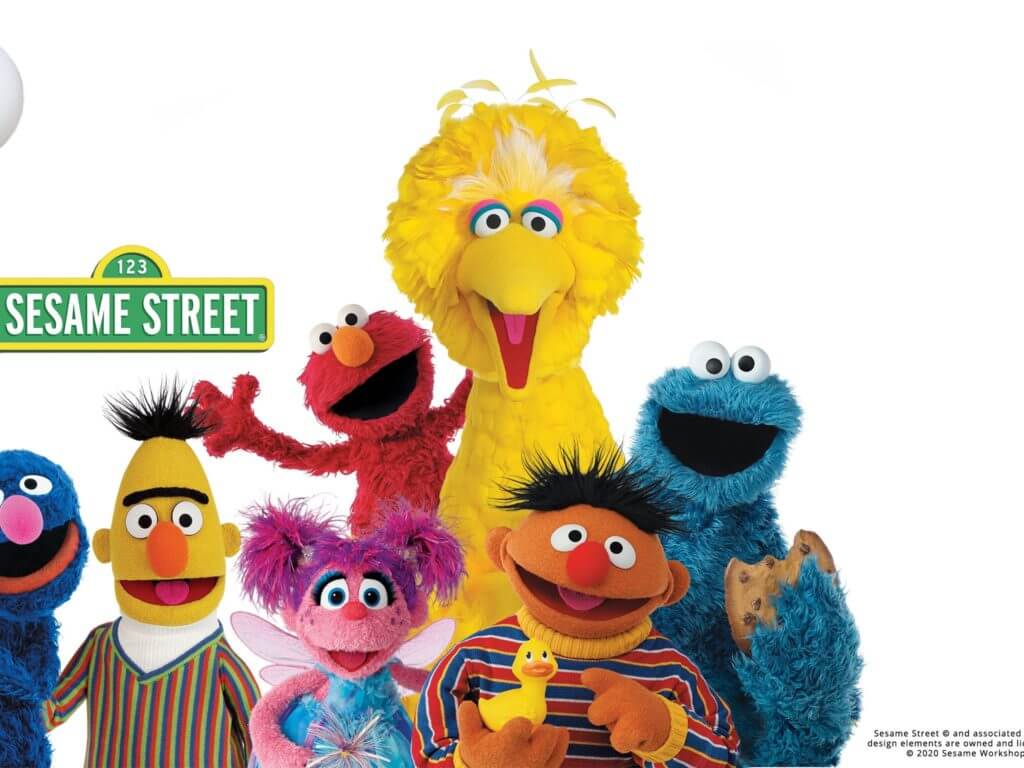
QNET, Bernhard H. Mayer pave way for consumers to have unique style responsibly
Companies like QNET and Bernhard H. Mayer pave the way for consumers to express their ...

Lessons from Sesame Street are seeking to contribute to realizing educational reset within the framework of the World Economic Forum’s “Great Reset.”
Sesame Workshop’s Sherrie Westin joined the Forum’s Great Reset podcast to talk about her hopes for a reset in education in addition to helping a generation at risk.
In recent months, the groundbreaking US TV show and its characters like Elmo and Cookie Monster have been helping spread a new message – how to stay safe from COVID-19. Its programs about the pandemic have been broadcast in multiple languages, on platforms ranging from YouTube to CNN.
And Sesame Workshop – the nonprofit behind the TV show – has helped take these lessons to some of the places where children’s learning is most at risk. These include parts of Afghanistan and the world’s biggest refugee camp in Bangladesh.
Sesame Workshop’s Sherrie Westin joined the latest episode of the Forum’s Great Reset podcast to talk about the organization’s work, the pandemic, and her hopes for the future of education.
How Sesame Street can lead children to confront COVID-19 challenges:
The power of Sesame’s Muppets wearing masks and modelling the importance of vaccinations – these are all opportunities to increase health education, particularly in developing countries, and do so in a non-threatening way.
Away from COVID-19, Sesame created the first Muppet for Afghanistan, a little girl called Ari. She wears her headscarf and her school uniform. It’s a local production and it gives an opportunity to inspire young girls about going to school, to help them think big and dream big.
The COVID-19 pandemic has without a doubt been the greatest disruption to education that the world has ever seen. About 1.6 billion children in more than 190 countries are out of school or don’t have access to learning centers.
Unfortunately, it also impacts people in different ways based on where they live and their socio-economic condition. Sesame often said that the virus has no bias – there’s no discrimination, it affects all people, but not equally.
Sesame was forced to be even more innovative to reach children and families while in-person contact was suspended. There’s radio, there’s mobile, there’s WhatsApp.
One of the things that Sesame hoped people would learn is that the importance of effectively reaching children and families when in-person contact is suspended as that’s going to be valuable learning for the future.
More broadly, children are not the face of the COVID-19 pandemic. It’s not affecting children in the same way that it is adults in terms of health. But children are actually those who are going to be affected most in the long run, because of missing out on education.
Less than 3% of all humanitarian aid goes to education. Sesame highlighted the importance of realizing how critical it is that we invest in education.
Companies like QNET and Bernhard H. Mayer pave the way for consumers to express their ...
DHL Global Forwarding announced the first investment of the Prada Group in Sustainable Aviation Fuel ...
Gianpiero Nacci, Director for Sustainable Business and Infrastructure of the European Bank for Reconstruction and ...


اترك تعليقا